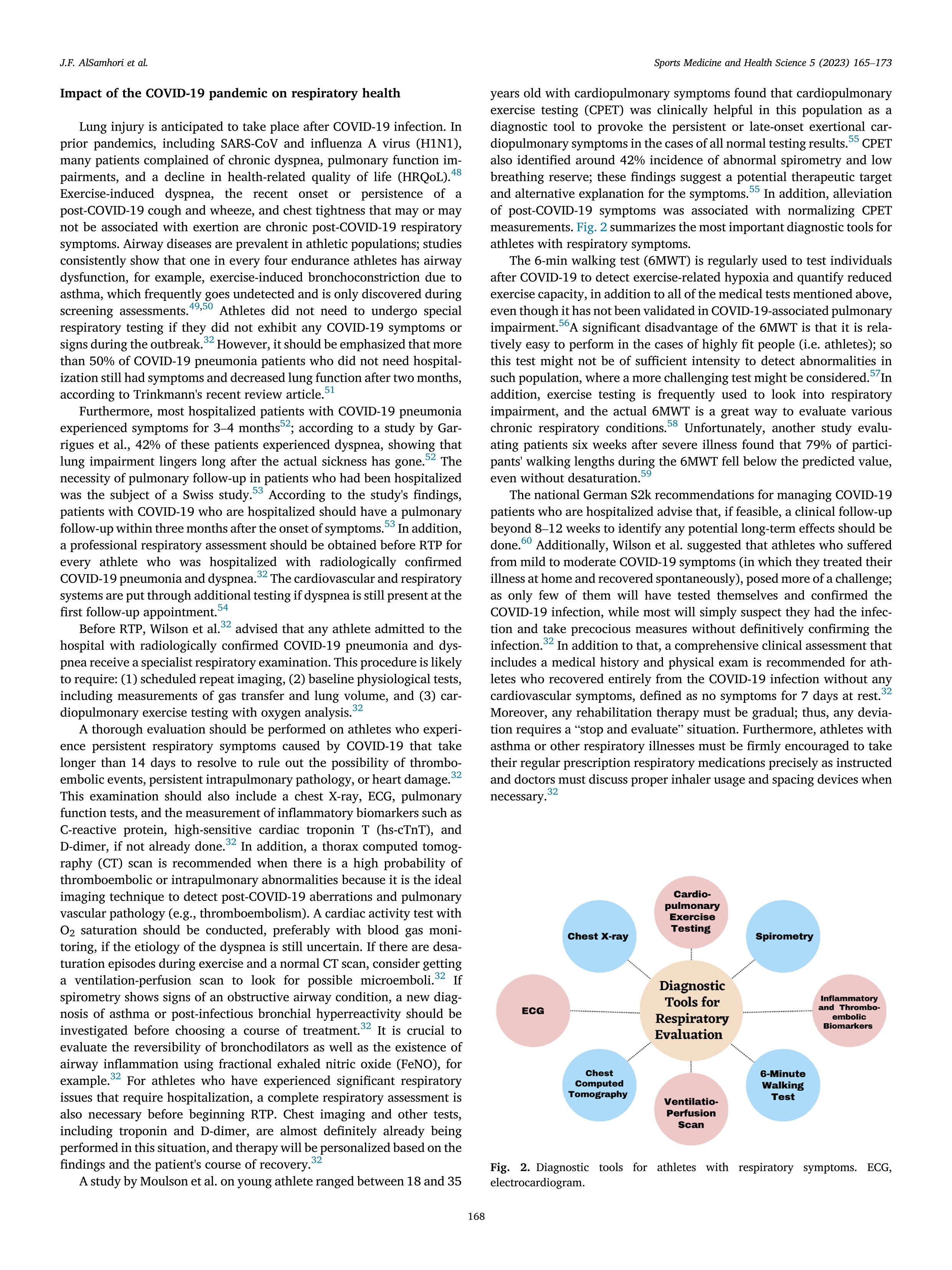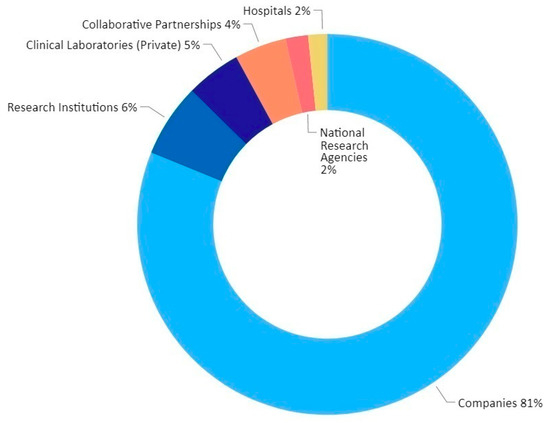COVID-19 Pandemic: A Comprehensive Analysis of Its Impact on Global Health, Economics, and Society
The COVID-19 pandemic, an unprecedented global health crisis, has reshaped the world in ways that will be remembered for decades to come. Since its first reported case in December 2019, the virus has spread rapidly across borders, infecting millions and claiming countless lives, posing a significant threat to public health, economies, and social structures worldwide. This article delves into the multifaceted impact of the COVID-19 pandemic on global health, economics, and society, highlighting the challenges faced, the responses implemented, and the lessons learned for the future.
Health Impact: A Global Health Emergency
The COVID-19 pandemic has exposed the world's vulnerabilities in terms of healthcare infrastructure, resource allocation, and preparedness for pandemics. The virus's high transmissibility and potential for severe outcomes, especially among the elderly and those with pre-existing conditions, has led to a surge in hospitalizations and deaths. Countries with weak healthcare systems have been particularly hard hit, straining already limited resources and causing a significant spike in mortality rates.
To combat the virus, governments have implemented stringent measures such as lockdowns, social distancing, and mask-wearing, which have effectively slowed down the spread but come with their own set of challenges. Mental health issues have emerged as a significant byproduct of these measures, with people experiencing anxiety, depression, and a sense of isolation. The pandemic has also highlighted the importance of equitable access to healthcare, as low-income communities and marginalized groups struggle to obtain essential medical services.
Economic Impact: A Global Economic Slowdown
The economic fallout from the COVID-19 pandemic has been profound and far-reaching. Businesses have been forced to close their doors or operate at reduced capacity, leading to job losses on an unprecedented scale. The International Labour Organization (ILO) estimates that over 165 million jobs were lost globally between February and April 2020 alone. Small and medium-sized enterprises (SMEs), which form the backbone of many economies, have been particularly vulnerable due to their limited financial resources and inability to adapt to sudden changes in demand.
The pandemic has also had a severe impact on global trade and supply chains. Disruptions in transportation, border closures, and production halts have led to shortages of essential goods and services, pushing up prices and disrupting markets worldwide. The World Trade Organization (WTO) predicts that the pandemic will result in a decline in global trade by at least 13-32% in 2020 compared to 2019.
To mitigate the economic damage, governments have introduced massive stimulus packages, including direct payments to citizens, increased public spending on healthcare and infrastructure, and support for businesses through loans and tax relief. However, these measures come with their own set of challenges, such as debt accumulation and long-term fiscal sustainability.
Societal Impact: Challenges Beyond Health and Economics
The COVID-19 pandemic has exposed deep-seated societal fractures and inequalities that were previously overlooked or ignored. The pandemic has highlighted the importance of social cohesion and solidarity in times of crisis. However, it has also revealed divisions along lines of race, ethnicity, income, and access to resources. For instance, minority communities often face higher infection rates and poorer healthcare outcomes due to systemic racism and discrimination.
The pandemic has also accelerated the shift towards digitalization in various aspects of life, from education to commerce. While this trend has brought convenience and efficiency, it has also widened the digital divide, with those without access to technology or reliable internet connections left behind. The pandemic has also highlighted the importance of resilience in societies, prompting a reevaluation of how we can build more resilient communities that can withstand future shocks.
Responses and Lessons Learned
In response to the COVID-19 pandemic, governments, international organizations, and private sectors have collaborated on an unprecedented scale to develop vaccines, share best practices, and provide aid. The rapid development of COVID-19 vaccines is a testament to scientific progress and international cooperation. However, it also highlights the need for greater investment in public health research and infrastructure to ensure future pandemics can be better prepared for and contained more effectively.
The pandemic has taught us several crucial lessons: the importance of investing in public health infrastructure; the need for global collaboration in times of crisis; the need for equitable access to resources; the role of technology in both mitigating the impact of pandemics and exacerbating existing inequalities; and the need for resilience-building at all levels of society.
Conclusion: A Call for Action
The COVID-19 pandemic has been a wake-up call for global society, highlighting our interconnectedness and vulnerability in the face of a common threat. As we move forward from this crisis, it is essential that we learn from our experiences and take concrete steps to build a more resilient, equitable, and prepared world. This includes investing in healthcare systems worldwide; promoting global cooperation on public health issues; ensuring equitable access to resources; leveraging technology for the betterment of all; and fostering a culture of resilience that prepares us for future challenges. Only by working together can we ensure that we are better equipped to face whatever comes our way in the future.












 京ICP备11000001号
京ICP备11000001号
还没有评论,来说两句吧...